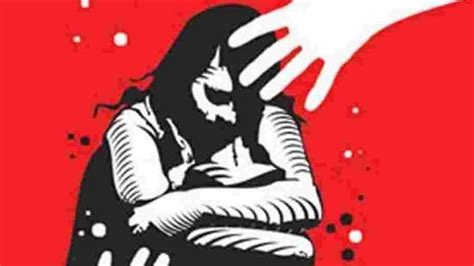A heart-wrenching new report by the National Commission on the Rights of the Child (NCRC) sheds light on the grim reality facing Pakistan’s children—an alarming truth that calls for immediate action and compassionate change. With 112 million children, comprising over 40% of the nation’s population, Pakistan stands at a pivotal crossroads in its journey to secure the future of its youth. Sadly, this future is clouded by severe disparities in education, health, and protection—issues that are leaving the most vulnerable children at the mercy of an unfair system.
The education crisis is a tragic story of lost potential. Over 26 million children aged 5 to 16 are denied the right to learn, a fact that highlights the deep-rooted educational inequities. Imagine millions of young minds, full of promise, but left in the dark, unable to read or perform basic arithmetic. The report reveals that less than half of 5th-grade students in Pakistan have the skills they need to succeed, a wake-up call that the country is caught in a “learning crisis.” The pandemic has only deepened this crisis, widening the gap between the privileged and the underserved. Provincial differences add another layer of injustice—while Islamabad Capital Territory shines with a 100% transition rate from primary to middle school, other provinces, especially Balochistan, struggle in every education metric. For children in marginalized communities, the barriers are even greater—children with disabilities, transgender children, and those from minority communities find themselves trapped in a cycle of exclusion.
In the realm of health, the situation is equally dire. The report paints a tragic picture: one in two children under the age of five in Pakistan is suffering from malnutrition. These are not just statistics—they are the innocent lives of children whose futures are being stolen by hunger. While immunization rates have seen some improvement, high mortality rates among newborns and young children reveal a stark gap in maternal and child healthcare. In rural areas, the absence of basic services only exacerbates the suffering. The report also highlights the painful reality that only a small percentage of children aged 6-23 months are receiving proper nutrition, further plunging them into the depths of vulnerability.
Perhaps the most heartbreaking aspect of the report is the state of child protection. The violence inflicted on children, often by the very hands of those meant to care for them, is staggering. The report cites “alarming rates of violent discipline” and reveals the continued prevalence of child marriage, a deeply entrenched cultural norm that robs children of their childhood. Older children, especially those aged 16 to 17, are at risk of the most harrowing forms of sexual violence. And then there are the street children—those who are abandoned and forsaken, and face exploitation, violence, and drug abuse. Child labor, especially in hazardous sectors like agriculture and fishing, remains rampant, leaving children to endure physical and emotional scars. In provinces like Punjab and Khyber Pakhtunkhwa (KP), over 50% of child laborers work in these perilous sectors, a tragic reality that cannot be ignored.
But there is hope—hope in the form of the NCRC’s powerful recommendations, which are a call to action. Ayesha Raza Farooq, Chairperson of the NCRC, urges swift and decisive action to break this vicious cycle of neglect. The report advocates for the strengthening of early childhood development programs, the urgent need for greater investment in education and nutrition, and the overhaul of child protection services. Legal reforms must be enforced, and the voices of children, especially those from marginalized groups, must be included in policy-making. The NCRC has vowed to collaborate with the government, civil society, and stakeholders to ensure these recommendations are implemented, bringing real change to the lives of Pakistan’s children.
The time for action is now. Every day that passes without change is a day stolen from a child’s potential. This report is a painful reminder of the work that lies ahead, but it is also a beacon of hope for those who believe that every child deserves a better future. It is a call for us all to stand together, to give these children not just their rights, but the opportunity to thrive.
